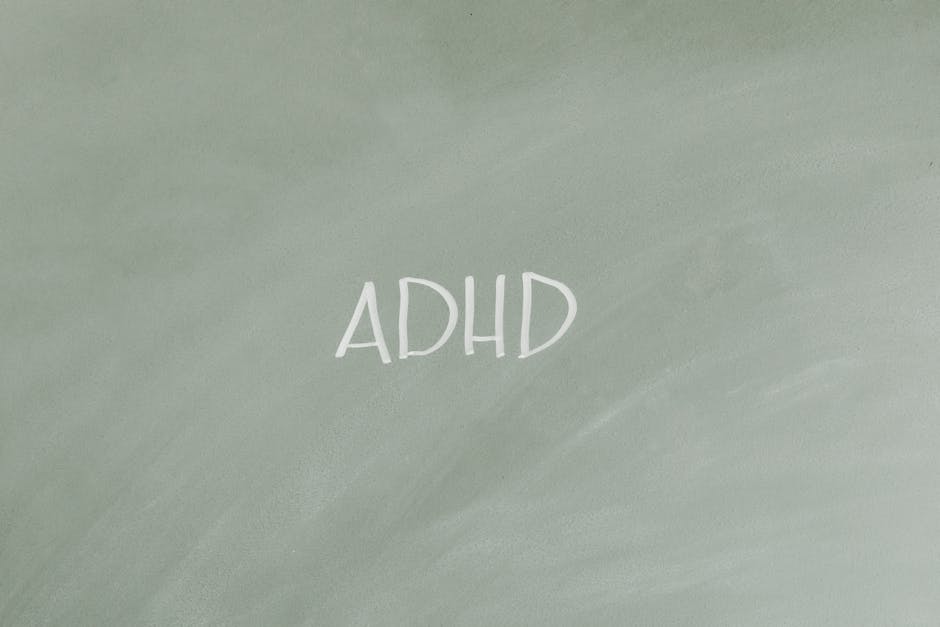Understanding Mental Health: Signs and Support
Mental health is a crucial aspect of our overall well-being, yet it often remains misunderstood and stigmatized. With increasing awareness, more people are beginning to recognize the importance of mental health care. This blog post aims to provide a comprehensive guide on understanding mental health, recognizing signs of mental health issues, and finding appropriate support.
What is Mental Health?
Mental health encompasses our emotional, psychological, and social well-being. It influences how we think, feel, and act in our daily lives. It also affects how we handle stress, relate to others, and make choices. Mental health is important at every stage of life, from childhood and adolescence through adulthood.
The Importance of Mental Health Awareness
According to the World Health Organization (WHO), mental health conditions account for 13% of the global burden of disease, with depression being a leading cause of disability worldwide. Despite its prevalence, many people are still unaware of the symptoms and consequences of poor mental health.

Common Mental Health Disorders
Understanding the different types of mental health disorders can help in identifying signs and seeking the right support. Here are some common mental health disorders:
1. Anxiety Disorders
Anxiety disorders are characterized by excessive fear or anxiety that interferes with daily activities. Examples include generalized anxiety disorder, panic disorder, and social anxiety disorder.
2. Depression
Depression is a mood disorder that causes persistent feelings of sadness and loss of interest. It affects how you feel, think, and handle daily activities.
3. Bipolar Disorder
This disorder involves episodes of mood swings ranging from depressive lows to manic or hypomanic highs.
4. Schizophrenia
Schizophrenia is a severe mental disorder that affects how a person thinks, feels, and behaves, often resulting in hallucinations and delusions.
Recognizing the Signs of Mental Health Issues
Identifying signs of mental health issues early can lead to more effective intervention. Some common signs include:
Emotional Symptoms
Persistent sadness, extreme mood changes, and feelings of hopelessness are key emotional symptoms to watch for.
Behavioral Symptoms
Changes in eating or sleeping patterns, withdrawal from social activities, and substance abuse can indicate mental health issues.
Cognitive Symptoms
Difficulty concentrating, memory problems, and frequent negative thoughts are cognitive symptoms that may signal a problem.
Seeking Support for Mental Health
Finding the right support is crucial for managing and overcoming mental health challenges. Here are some steps to consider:
1. Talk to a Professional
Consulting a mental health professional, such as a psychologist or psychiatrist, can provide a diagnosis and treatment plan tailored to your needs.
2. Reach Out to Support Networks
Connecting with friends, family, or support groups can offer comfort and understanding. Sharing your experiences with others can help reduce feelings of isolation.
3. Practice Self-Care
Engaging in regular physical activity, maintaining a balanced diet, and getting adequate sleep are essential components of self-care that support mental health.
4. Use Online Resources
Websites like National Alliance on Mental Illness (NAMI) and MentalHealth.gov provide valuable information and resources for those seeking help.
Breaking the Stigma Around Mental Health
One of the biggest barriers to seeking help for mental health issues is stigma. It is vital to create an open dialogue about mental health to encourage people to seek help without fear of judgment.
Raising Awareness
Participating in mental health awareness campaigns and educating others about mental health conditions can help reduce stigma.
Sharing Personal Stories
Sharing personal experiences with mental health can inspire others to seek help and promote a more accepting society.
Conclusion
Mental health is a fundamental part of our overall well-being. By understanding the signs of mental health issues and knowing where to find support, we can better manage our mental health and lead healthier, more fulfilling lives. Remember, seeking help is a sign of strength, not weakness.
In conclusion, fostering an environment that supports mental health awareness and open dialogue is crucial for breaking down barriers and providing support to those in need. By taking action today, we can contribute to a healthier future for everyone.
Share this content:
About The Author
Discover more from J and J Fitness
Subscribe to get the latest posts sent to your email.





